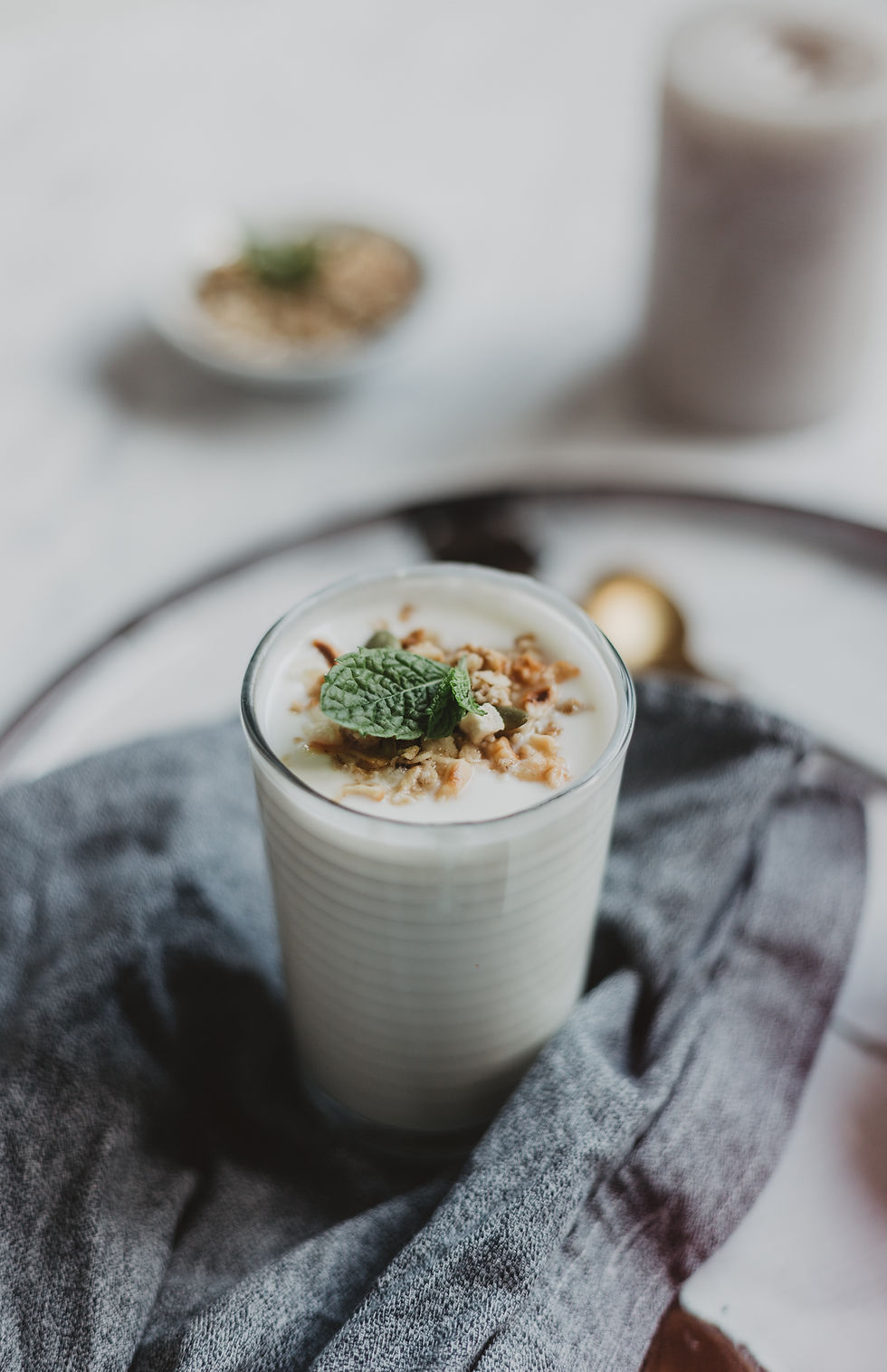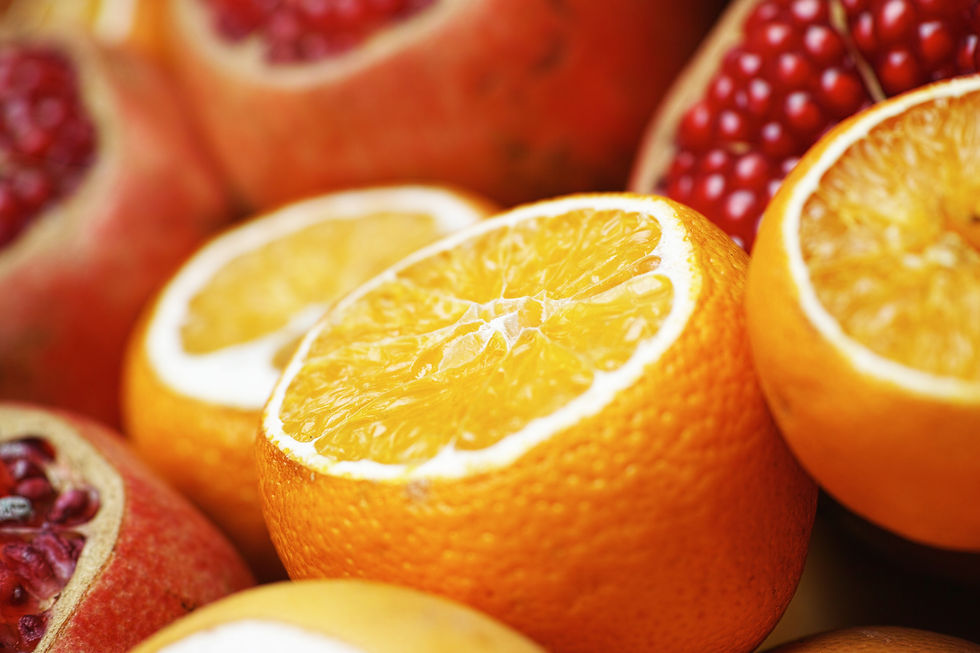Natural Remedies for Allergies: Science-Backed Solutions for Seasonal Relief
- Sarita Rodriguez, INHC

- Apr 13, 2025
- 3 min read

Spring is here, and with it comes blooming flowers, fresh air—and for many of us, the sneezing, watery eyes, and congestion of seasonal allergies. Allergies occur when your immune system overreacts to allergens like pollen, dust, or pet dander, triggering an inflammatory response.
While antihistamines and decongestants can offer relief, natural remedies can complement or even replace these treatments for some people. Here are scientifically-backed natural solutions to help you breathe easier this allergy season.
Local Honey

The Claim: Consuming local honey may reduce seasonal allergy symptoms by exposing you to small amounts of local pollen.
The Science: A study published in The International Archives of Allergy and Immunology found that participants who consumed honey experienced fewer allergy symptoms compared to a control group. While the results are promising, further research is needed. Incorporating a teaspoon of local honey daily might help build your tolerance to local allergens over time.
Quercetin-Rich Foods

The Claim: Quercetin, a natural antioxidant found in foods like apples, onions, and broccoli, can help reduce allergy symptoms.
The Science: Quercetin is a natural antihistamine. Research in the Journal of Allergy and Clinical Immunology highlights its ability to stabilize mast cells, which release histamine during allergic reactions. Adding quercetin-rich foods to your diet or taking it as a supplement can reduce inflammation and allergy symptoms.
Neti Pot (Nasal Irrigation)
The Claim: Flushing your nasal passages with a saline solution removes allergens and reduces congestion.
The Science: A systematic review in Cochrane Database of Systematic Reviews showed that saline nasal irrigation significantly improves nasal symptoms caused by allergies. Using a neti pot daily can wash away pollen and irritants, providing immediate relief.
Probiotics

The Claim: A healthy gut can reduce the severity of allergy symptoms.
The Science: Probiotics, found in yogurt, kefir, and fermented foods, improve the balance of gut bacteria, which plays a critical role in immune regulation. A meta-analysis published in Allergy found that probiotics can reduce nasal allergy symptoms and improve overall quality of life during allergy season.
Butterbur Extract
The Claim: This herb works as a natural antihistamine without the drowsy side effects of medication.
The Science: Studies in Clinical and Experimental Allergy have shown that butterbur extract is as effective as some antihistamines in reducing nasal congestion, sneezing, and itchy eyes. Choose a high-quality butterbur supplement free from pyrrolizidine alkaloids (PA-free) for safety.
Vitamin C

The Claim: Vitamin C reduces histamine production, helping to prevent allergy symptoms.
The Science: A study in Allergy, Asthma & Clinical Immunology found that vitamin C supplementation decreases histamine levels, alleviating symptoms like sneezing and congestion. Include citrus fruits, bell peppers, and leafy greens in your diet, or consider taking a daily supplement during allergy season.
Stinging Nettle Tea
The Claim: This herb has natural anti-inflammatory and antihistamine properties.
The Science: A study in Planta Medica found that stinging nettle extract can inhibit the production of histamine, providing relief for allergy sufferers. Drinking nettle tea daily can help manage symptoms naturally.
HEPA Filters

The Claim: High-efficiency particulate air (HEPA) filters remove airborne allergens from your home.
The Science: Research in Indoor Air confirms that HEPA filters significantly reduce indoor allergen levels. Using a HEPA filter in your home or investing in a vacuum cleaner with a HEPA filter can minimize exposure to allergens.
Conclusion
Natural remedies for allergies offer safe, effective ways to reduce symptoms without relying solely on medication. Whether it’s sipping nettle tea, using a neti pot, or boosting your diet with quercetin and probiotics, these science-backed strategies can help you feel your best during allergy season.
As always, consult with your healthcare provider before trying new supplements or treatments, especially if you have underlying conditions or are taking medications.
Let this spring be about blooming health—not sneezing fits! Which remedy will you try first?
Ready to take control of your health and feel your best? My personalized health programs are designed to empower you with the tools, knowledge, and support you need to make lasting changes. Schedule a consultation to begin your program.




Comments